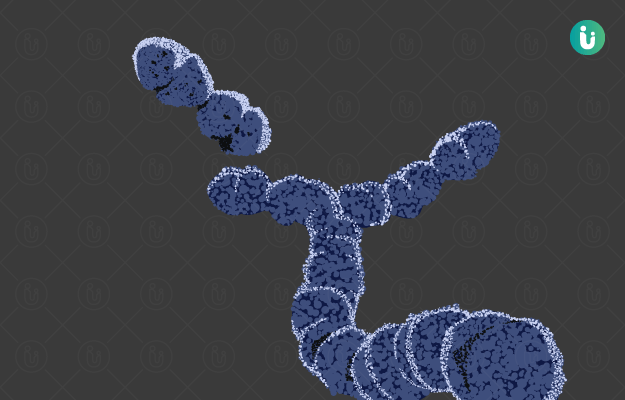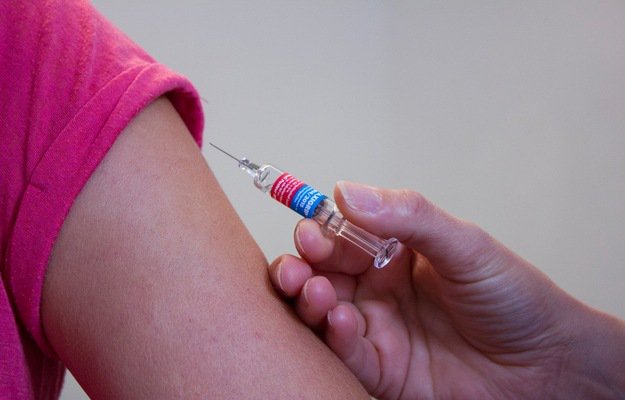What is pneumococcal disease?
Pneumococcal disease is a disease caused by a bacterium called pneumococcus. It can manifest in several different forms, but is treatable and not fatal in over 90% of cases. The main types of this disease include non-invasive and invasive pneumococcal disease. The disease can be prevented mainly through regular vaccination against its various forms.
What are its main signs and symptoms?
The signs and symptoms of this disease are based on the organs that are affected, e.g., if the ears are infected, the typical symptoms of ear infection are seen. The various conditions that can arise from the disease include:
- Non-invasive pneumococcal disease: Ear infections, respiratory issues like bronchitis and sinusitis.
- Invasive pneumococcal disease: Bacterial infections in the blood cause chills and fevers; pneumonia causes fever and chest pain along with breathing abnormalities; meningitis gives rise to stiffness in the neck, disorientation and sensitivity to light; and sepsis which may cause sweaty skin, disorientation, elevated heart rates and severe pain.
What are the main causes?
The pneumococcal bacterium and its spread in the body are the main causes of this disease. The bacteria spread through the air and enter the body through the nose or mouth and moves through the throat into various parts of the body including the lungs, ears or even the brain. When people have a compromised immune system, the bacterium causes various conditions and their allied symptoms.
How is it diagnosed and treated?
Diagnosis typically begins with a physical examination, which should give doctors a clear idea about the infection. In cases where the condition is severe, doctors may advise some tests where fluid from the lungs, joints or bones are collected, and X-rays of the chest are taken.
The most common method of protecting against pneumococcal disease is through vaccination. In the event that a patient has already contracted the disease, primary treatment revolves around addressing the nature of symptoms developed.
Treatment may vary depending on the manner in which the disease has taken shape and spread in the body. In certain mild cases, the individual may be able to cope on their own with either no medication or a simple dose of antibiotics. For invasive pneumococcal disease, however, heavier doses of medication may need to be prescribed. In some severe cases, individuals may also need to be admitted to the hospital.

 OTC Medicines for Pneumococcal Disease
OTC Medicines for Pneumococcal Disease
 Pneumococcal Disease articles
Pneumococcal Disease articles




 Editorial Team
Editorial Team











